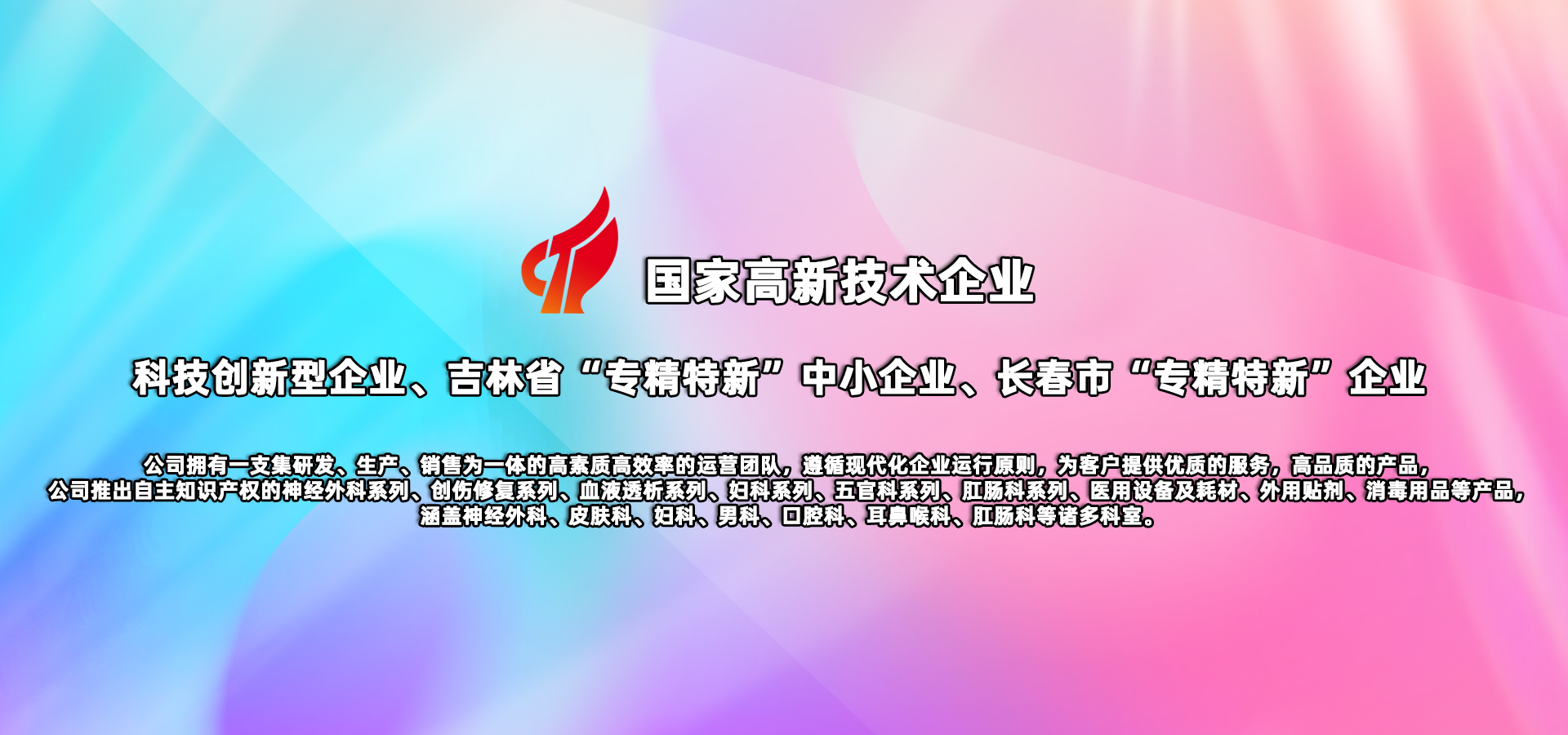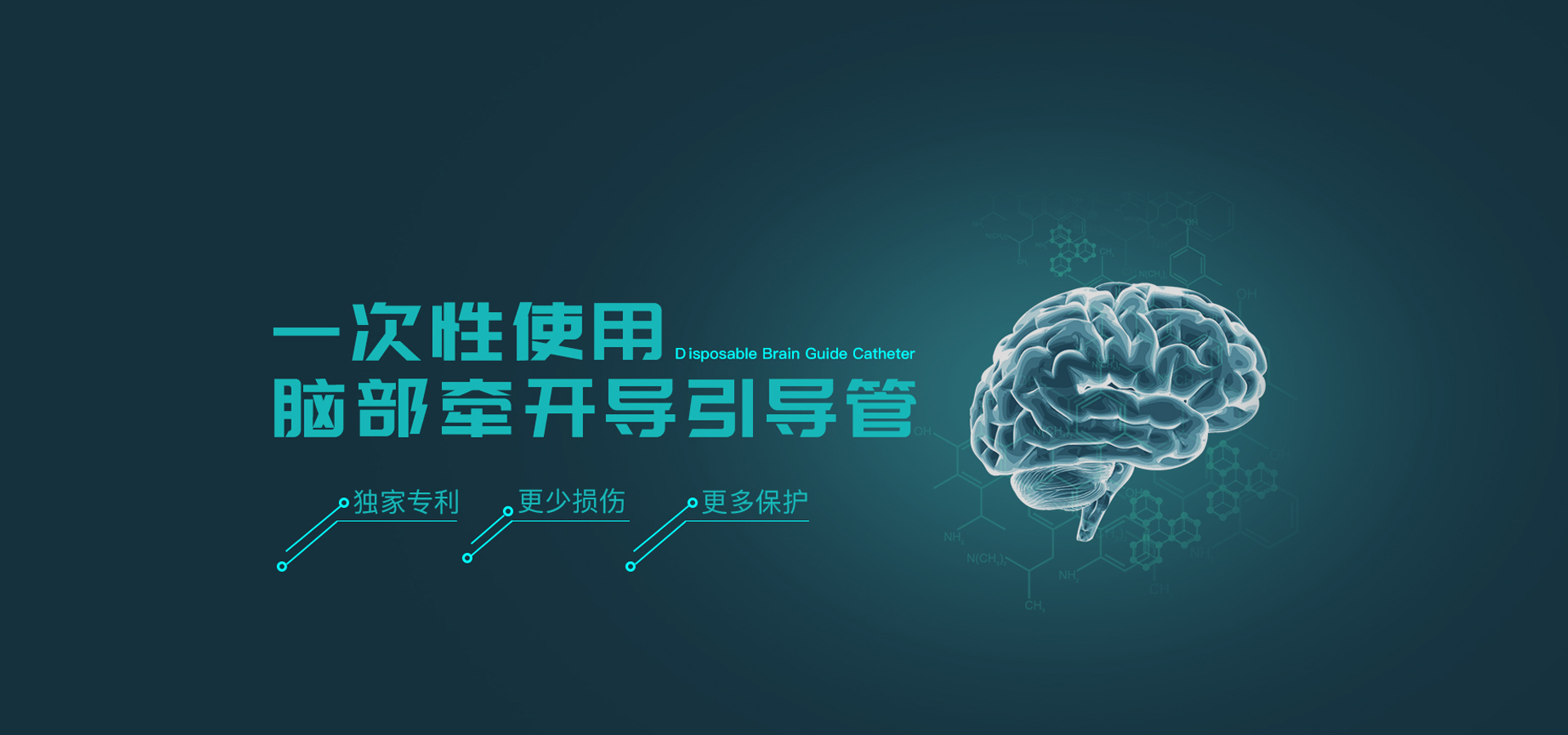【Laiwo Medical :Knowledge Sharing】Don't want to work? Don't want to wake up You may have 'holiday syndrome'
Publish Date: 2024/10/8
Happy times are always so short, and the National Day holiday has come to an end like this. Do you have a profound understanding of what "time flies like a shuttle" means! At this moment, are you exhausted, lethargic, empty, anxious, and unable to swallow at your workstation? So, it's an honor to inform you that you have been diagnosed with 'holiday syndrome'!
Understanding holiday syndrome
In short, it refers to a series of psychological and physiological discomfort symptoms that people experience after a long vacation. These symptoms include but are not limited to: fatigue, insomnia, loss of appetite, lack of concentration, low work efficiency, low mood, etc. They often stem from irregular sleep patterns, unhealthy diet, lack of exercise, and excessive relaxation during holidays.

Self rescue guide for "holiday syndrome"
Dietary adjustments
During festive occasions, gaining three pounds and eating big fish and meat every meal is a must, along with various snacks and desserts. The main idea is to keep your mouth open all day long. After the festival, many people may feel like they have no appetite and can't eat anything. Therefore, after going to work, it is necessary to adjust one's diet in a timely manner, clean up the stomach and intestines, reduce oil, sugar, and salt, and focus on light food. Eat more vegetables and fruits, so that the stomach and intestines of those who work overtime can rest and adjust.
Adjustment of daily routine
The long-awaited National Day holiday is definitely packed with a full schedule. The original schedule and regularity have been disrupted. In order to quickly restore our original lifestyle, we should ensure that we go to bed before 11 o'clock every night and avoid making our brains too excited before bedtime. Gentle music, deep breathing, or meditation are all good ways to help you fall asleep peacefully.









